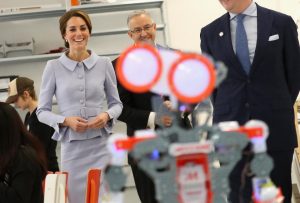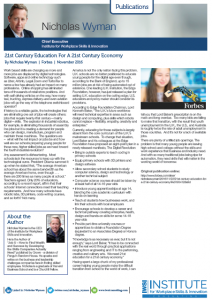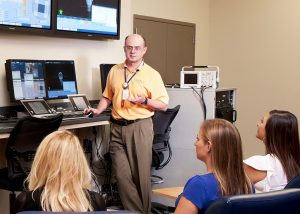The Educator | December 2016

Who are the movers and shakers in education? Who are the pioneers?
For the second year in a row, The Educator shines a spotlight on 40 individuals leading the way in the field
Welcome to The Educator’s second annual Hot List.
It’s an unenviable task compiling a definitive list of the true leaders in this space, given the abundance of excellent work being undertaken across the country to enrich the educational experiences of K-12 students. So we once again turned to readers, asking for your submissions as to who warrants a place on this prestigious list.
We’ve been overwhelmed by the response that we received. It attests to the outstanding efforts of those working in a broad range of educational institutions across Australia. In the end, the team at The Educator selected 40 individuals, who are profiled on the pages that follow.

http://www.educatoronline.com.au/

 Any assessment is disheartening. Most schools lack the resources to keep up with the technological curve. President Obama summed it up when he stated that, “The average American school has about the same bandwidth as the average American home, even though . . . there are 200 times as many people at school.” Teachers agreed. Only 20% of educators, according to a recent report, affirm that their schools’ Internet connections meet their teaching requirements. And how many schools have robotic labs, 3D printers, code writing courses, and so forth? Not many.
Any assessment is disheartening. Most schools lack the resources to keep up with the technological curve. President Obama summed it up when he stated that, “The average American school has about the same bandwidth as the average American home, even though . . . there are 200 times as many people at school.” Teachers agreed. Only 20% of educators, according to a recent report, affirm that their schools’ Internet connections meet their teaching requirements. And how many schools have robotic labs, 3D printers, code writing courses, and so forth? Not many.





